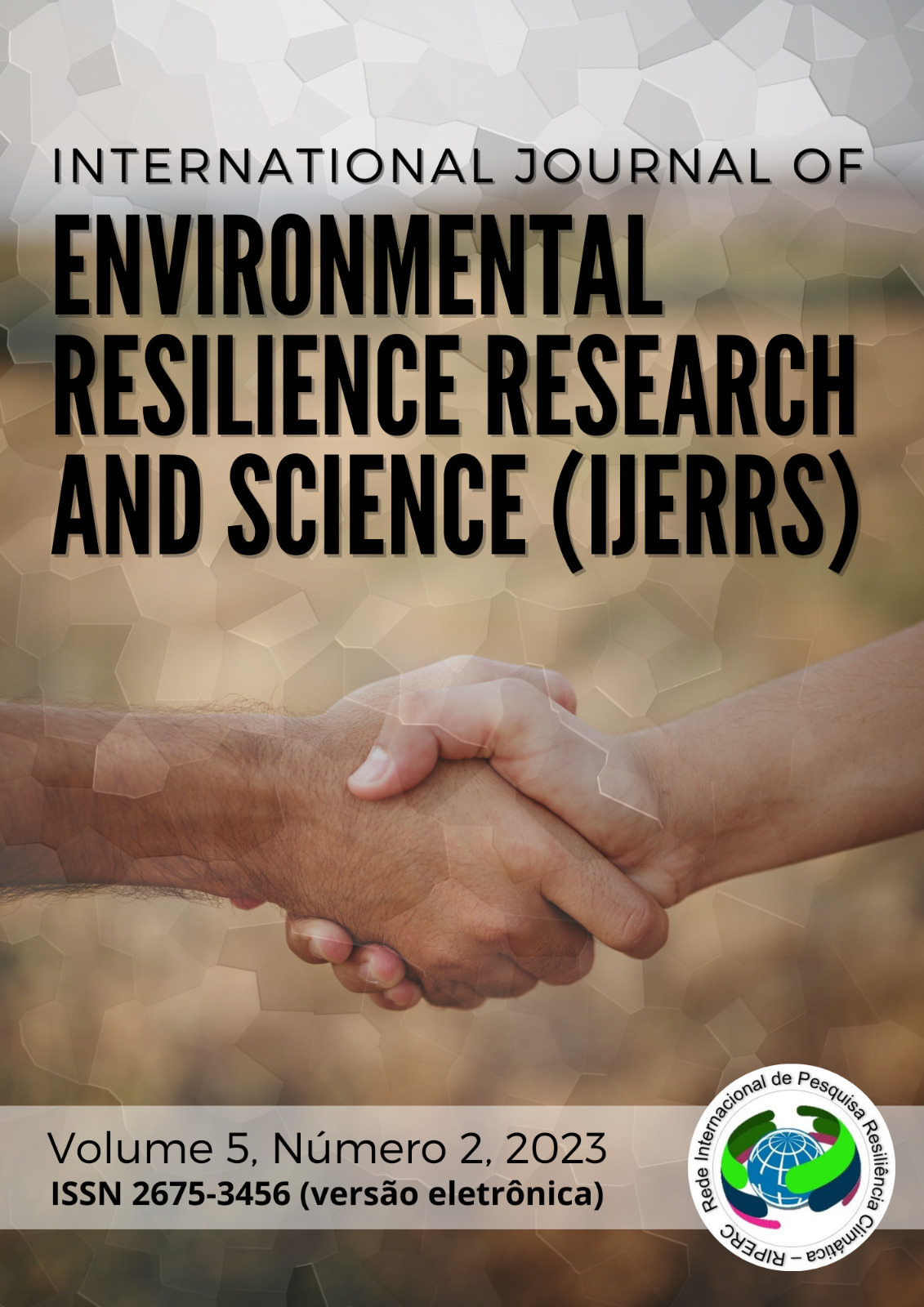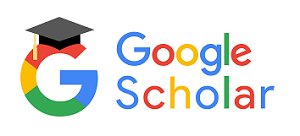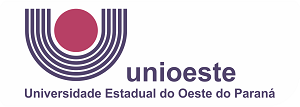Environmental Education: theoretical framework for beginners
DOI:
https://doi.org/10.48075/ijerrs.v5i02.31519Abstract
Environmental education (EE) has been developing effectively in addressing civilizational challenges. A capacitation in EE is necessary for society. The main objective of this article is to provide a [1]comprehensive theoretical framework, albeit initial, as a roadmap for conceptual construction of EE. This theoretical construction was formulated with focus of offering a possible path for beginners in the EE field. The methodology adopted was the selection of eight references for each of the eleven lines of EE from emblematic works, partly obtained randomly through "Google Scholar" between June 2022 and 2023. They were obtained based on keywords derived from the titles of each of the eleven lines of EE + the words "concept" + "environmental education". A total of 88 references are proposed for the set of the following eleven lines: a) Ecological Literacy; b) EE and Science, Technology, Society, and Environment (STSE); c) Critical EE; d) EE and Complexity; e) Business EE/Licensing; f) Freirian EE; g) EE in Public Environmental Management; h) EE in addressing the Climate Emergency; i) EE for Socio Environmental Sustainability; j) Experiential EE; k) Ecopedagogy. This proposal for a theoretical framework may become a guide for beginners in contemporary Brazilian EE.
Downloads
Published
How to Cite
Issue
Section
License
Copyright (c) 2023 International Journal of Environmental Resilience Research and Science

This work is licensed under a Creative Commons Attribution-NonCommercial-ShareAlike 4.0 International License.
Aviso de Direito Autoral Creative Commons
Política para Periódicos de Acesso Livre
Autores que publicam nesta revista concordam com os seguintes termos:
1. Autores mantém os direitos autorais e concedem à revista o direito de primeira publicação, com o trabalho simultaneamente licenciado sob a Licença Creative Commons Attribution que permite o compartilhamento do trabalho com reconhecimento da autoria e publicação inicial nesta revista.2. Autores têm autorização para assumir contratos adicionais separadamente, para distribuição não-exclusiva da versão do trabalho publicada nesta revista (ex.: publicar em repositório institucional ou como capítulo de livro), com reconhecimento de autoria e publicação inicial nesta revista.
3. Autores têm permissão e são estimulados a publicar e distribuir seu trabalho online (ex.: em repositórios institucionais ou na sua página pessoal) a qualquer ponto antes ou durante o processo editorial, já que isso pode gerar alterações produtivas, bem como aumentar o impacto e a citação do trabalho publicado (Veja O Efeito do Acesso Livre).
Licença Creative Commons
Esta obra está licenciada com uma Licença Creative Commons Atribuição-NãoComercial-CompartilhaIgual 4.0 Internacional, o que permite compartilhar, copiar, distribuir, exibir, reproduzir, a totalidade ou partes desde que não tenha objetivo comercial e sejam citados os autores e a fonte.









